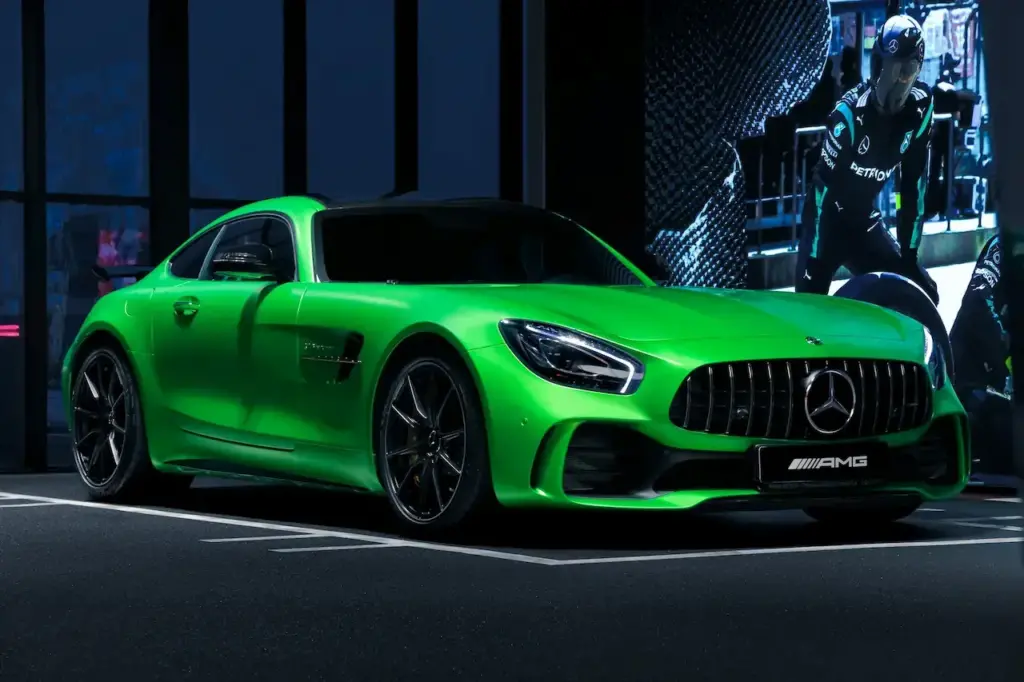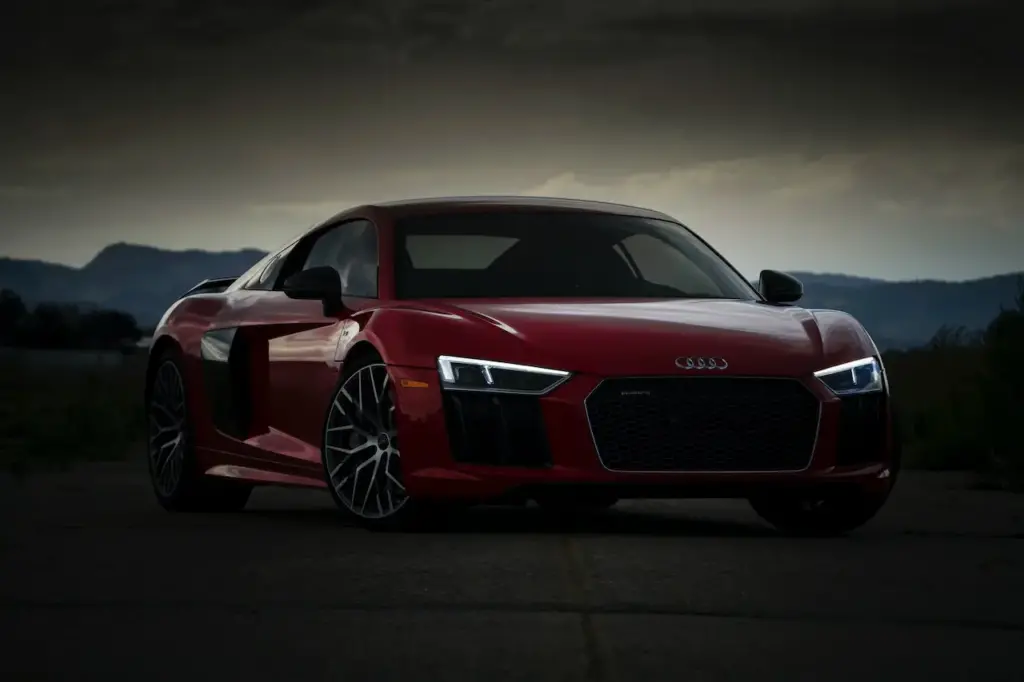When To Buy A Car And When To Lease
When To Buy A Car And When To Lease – Things To Consider
If your current car has given up the ghost or is nearing the end of its life, you may be wondering how to finance your next car. Do you want to buy it outright or lease it? Leasing is becoming popular among Australians as it gives people greater flexibility, lower operating costs, and access to newer vehicles more often. Of course, a lease also means you never truly own your car and are subject to certain restrictions such as keeping it in good condition, using it under a certain mileage threshold, and coming up with a large balloon payment if you do decide you want to keep the car.
If you’re unfamiliar with leasing and all the benefits (and drawbacks) it offers, here is a primer on when it’s best to buy a car and when it’s better to lease – though you can make up your own mind depending on what’s best for your circumstances.

Why lease a car?
Leasing a car is much like renting or borrowing a car from a dealer or finance broker for a set period, usually two years, while making regular fixed repayments.
These are known as consolidated repayments. Repayments generally include the leasing fee, servicing, registration, and maintenance charges. For many people, you won’t have to pay thousands of dollars up front which usually comprises the car loan deposit, registration, and stamp duty payments. Bills are streamlined – or may be taken from your pre-tax salary as part of “salary sacrificing” (more on that later.)
Types of leases
There are three main types of leases available in Australia – novated leasing, finance leasing, and operating leasing.
Novated leasing is a three-party contract that your company, a lender, you as an employee enter into to purchase a vehicle under lease. Repayments are assumed by the company on your behalf and are subtracted from your pre-tax income. This gives you the use of a car and bumps you into a lower tax bracket. At the end of the lease, you can hand the car back for a new novated lease at the end of the term; pay the residual out of pocket to keep the car or through selling the car.
The other two types of leases are for businesses (50% or more business use) – finance leasing means that a company takes on the car in exchange for fixed repayments, where they may pay the residual value (balloon) payment at the end of the lease to keep it, hand it back, or renew the lease for a newer model. Operating leases are the same, except there is no opportunity to own the car and operating leases usually have shorter terms than finance or novated leases. For further information, click here to learn more.
Whether you lease or buy, you may be eligible for GST concessions, as outlined here.
When is buying better than leasing?
Buying is always better than leasing when it comes to the overall cost of using a car. If you decide you want to keep your car after the lease agreement ends, you will have to pay a residual value or balloon payment, which is a set percentage of the car’s remaining value. When lease fees and the balloon payment are all considered, you have usually paid significantly more compared to buying using a car loan and the associated interest.
If you like caravanning or hitting the open road whenever the mood strikes, you aren’t able to in a leased car in most circumstances. Since financiers impose mileage restrictions on leased cars, you’ll have to factor in any long trips into the allotted kilometres allowed so you aren’t penalised through additional fees.
With leasing, you may only be able to choose from a select set of models as offered by your finance broker or fleet provider. If you’re looking for something with a bit of muscle or perhaps something you can take off road, you may not be able to. Buying your car means you’re free to choose anything you want – provided you can afford the monthly repayments, of course. Not only that, but you are allowed to modify your car to your heart’s content.
You are also stuck with the one mechanic as chosen by the financier, instead of choosing your own. Another perk of ownership is slightly lower insurance premiums due to the higher risk among car leasers vs car owners.
If you suddenly lose your job and can’t afford to come up with car loan repayments, you can sell your car in a pinch and pay out the loan. When leasing, you’re on the hook until the lease ends unless you pay even more money per month for car lease protection insurance.
If you’re still unsure about whether leasing or buying is right for you, ask a financial adviser to steer you in the right direction!

